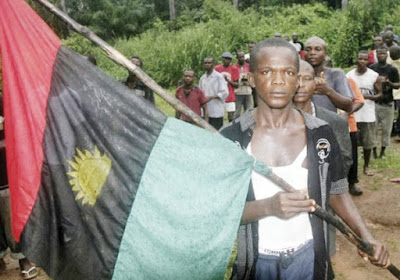Igbo, non-Igbo relive civil war experiences
By Ikenna Emewu, Sun News Online How minutes fly into hours and days and later years is amazing. Many who saw and took part in the internecine and sanguinary war that tore the nation in shreds and still leaves its scars in the minds of a particular part of the country feel amazed that it is already 40 years since it wound to close. Children born immediately after the war are already parents and have advanced into great minds and characters. But as the years add, the pains of the war fade because time is a healing balm. Saturday Sun reasoned that 40 years is like a landmark on the war taking cognizance of the impacts it made in the history of the nation. From our interview sources, the history of Nigeria so far is one pivoted on that war of 30 months that cost the nation about two million lives and inflicted on its psyche an enduring gorge that has remained a borderline of disintegration of forces that should have united into a strong nation. A participant on the Biafran side said: “A s...

